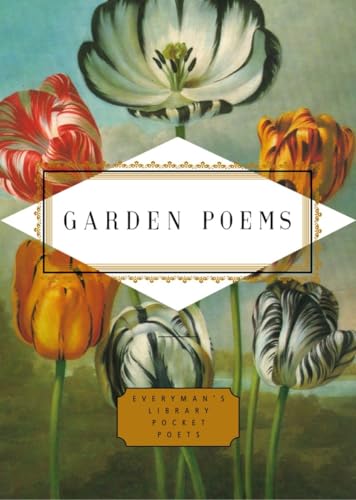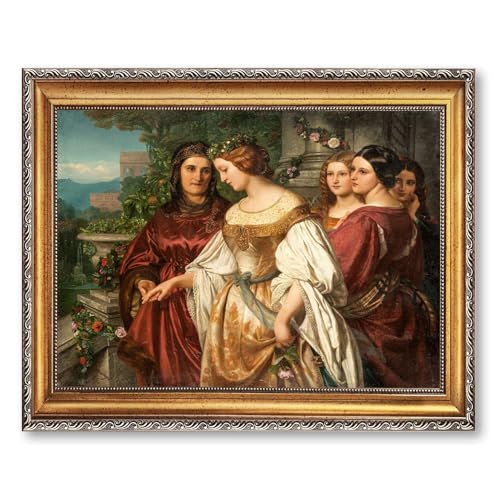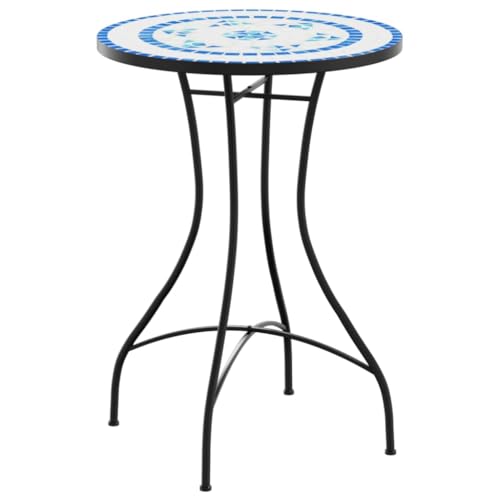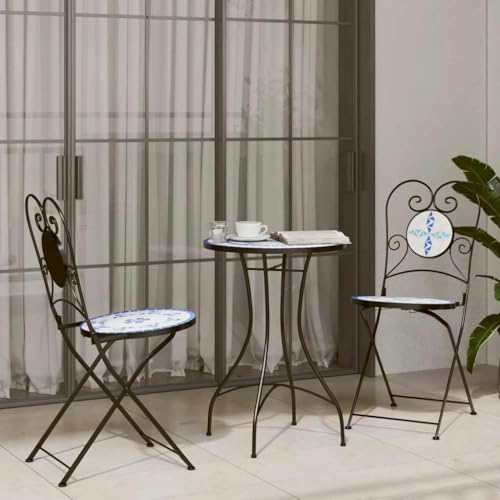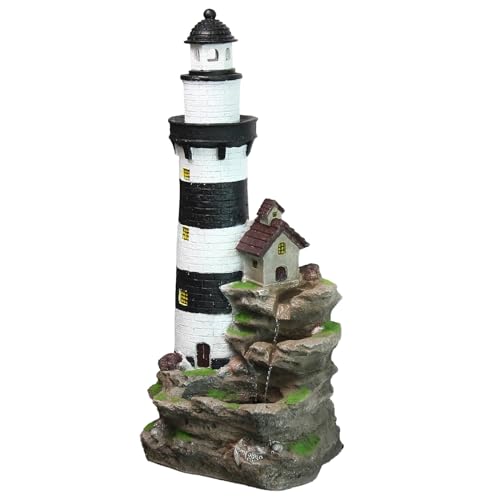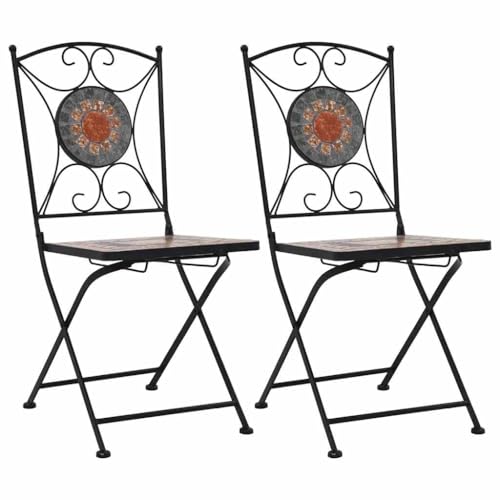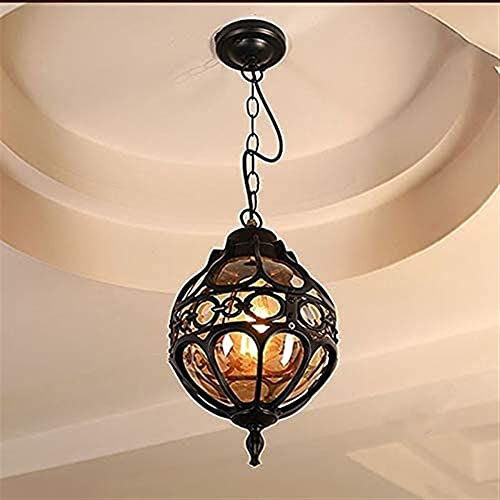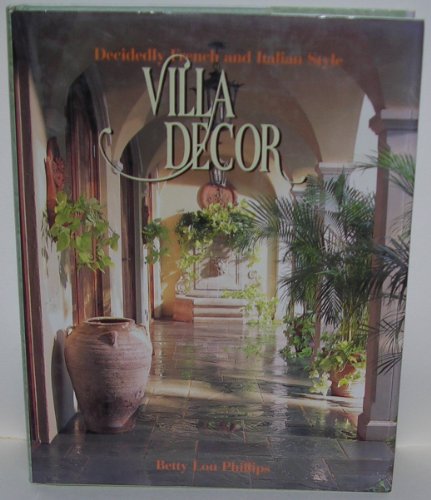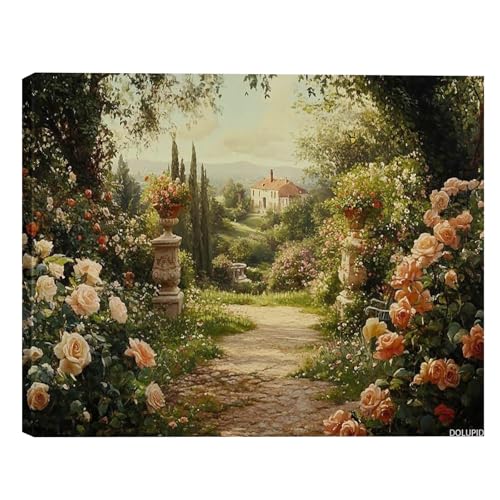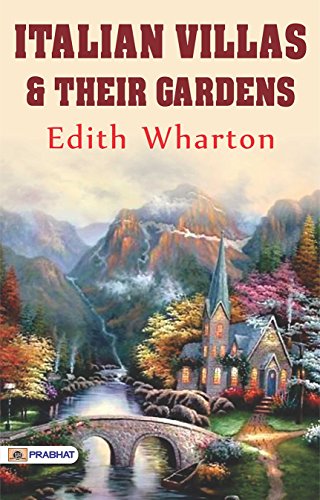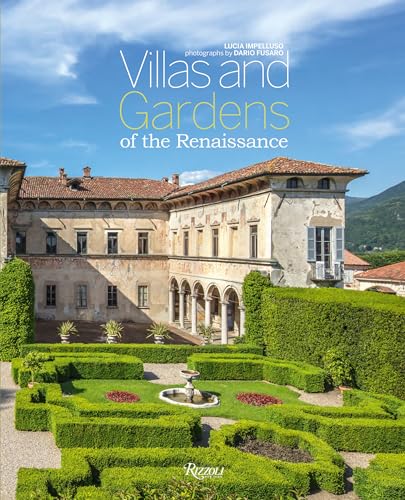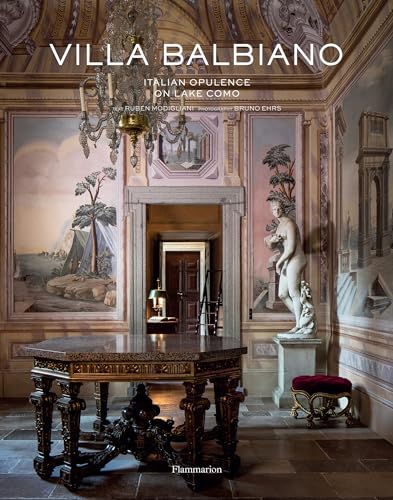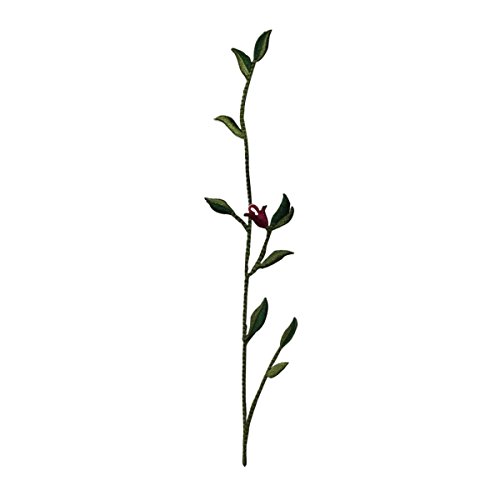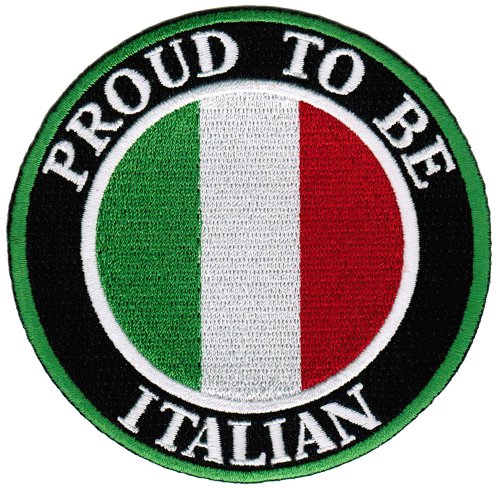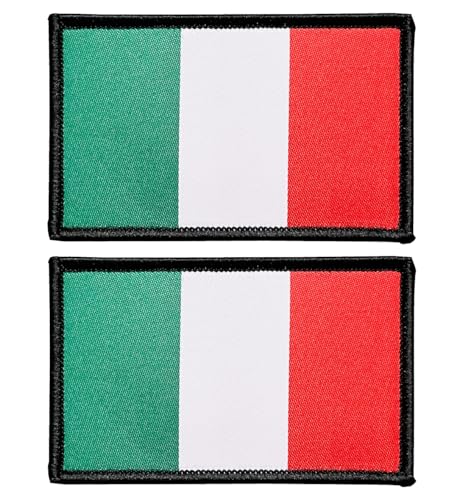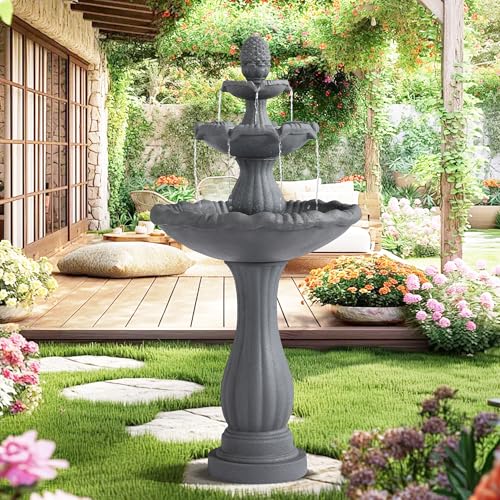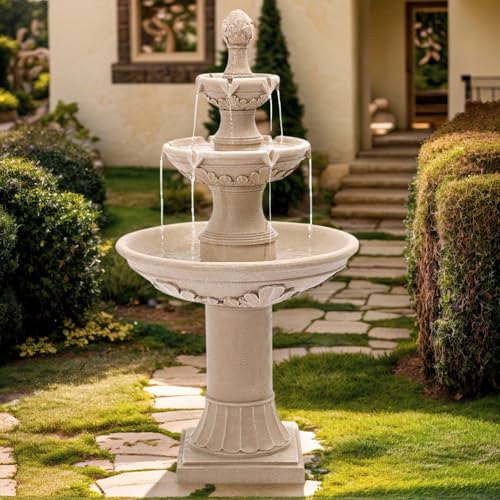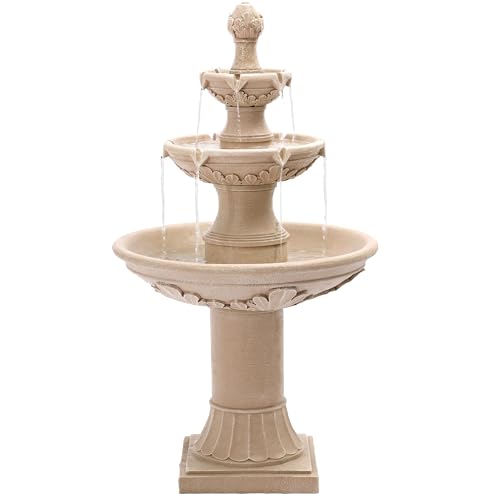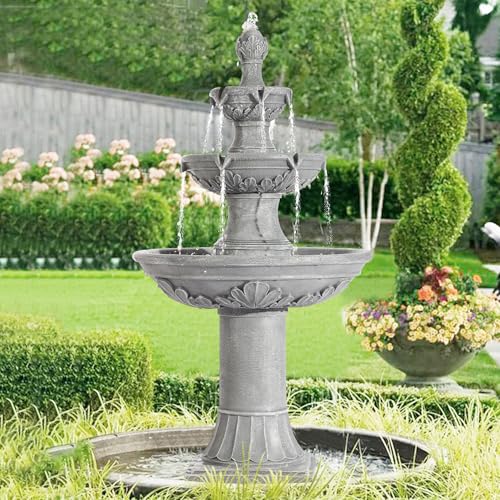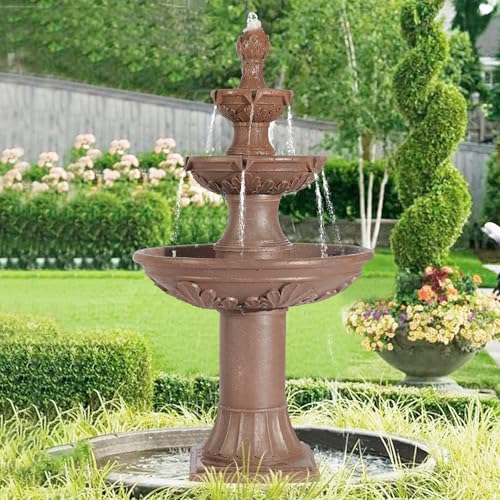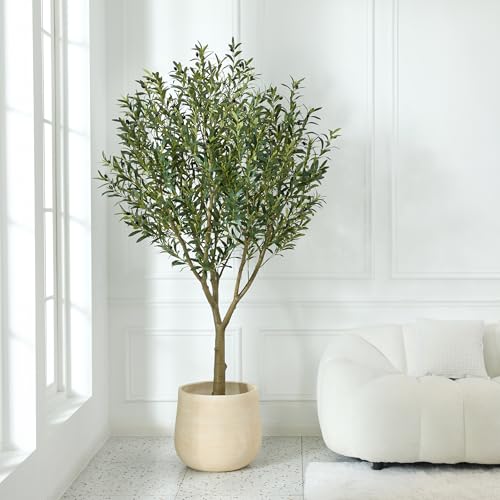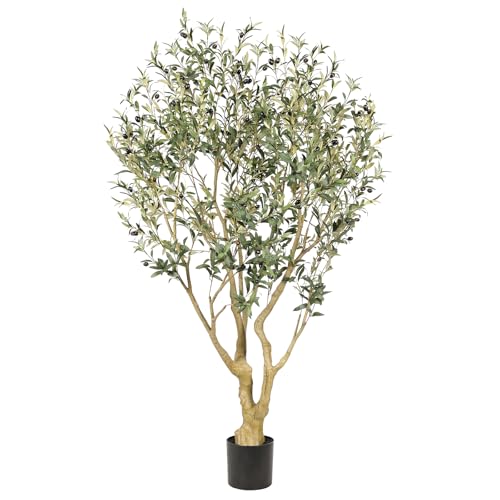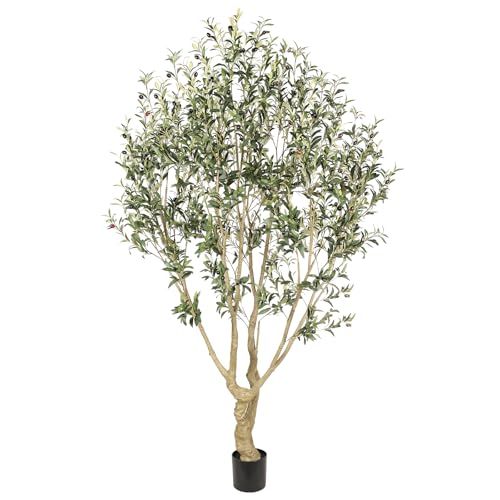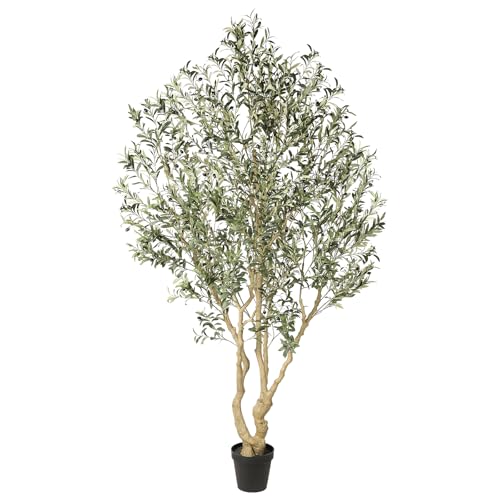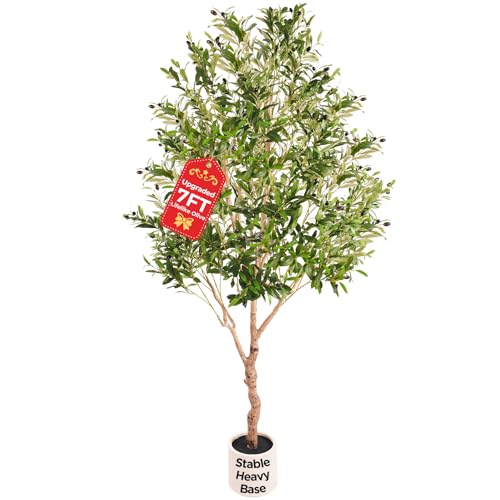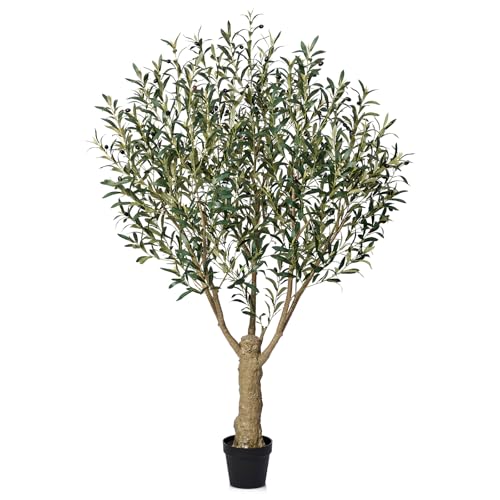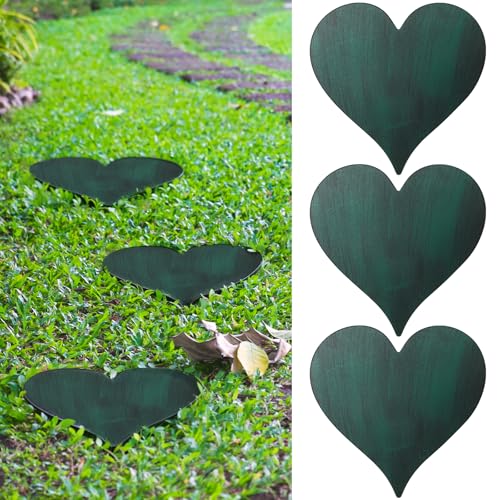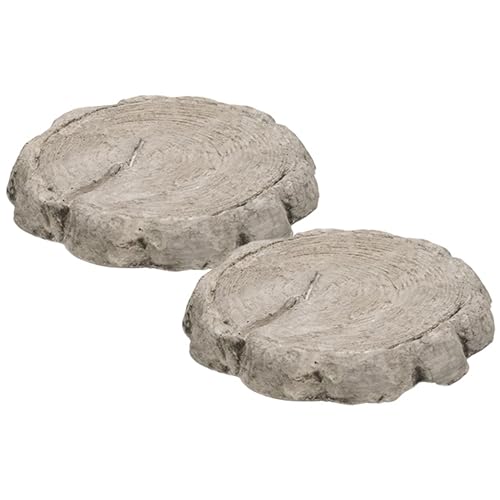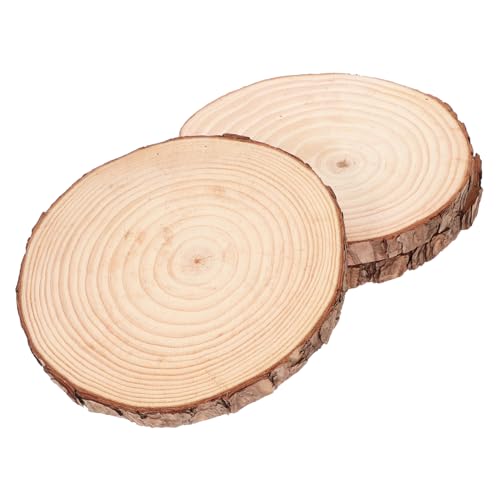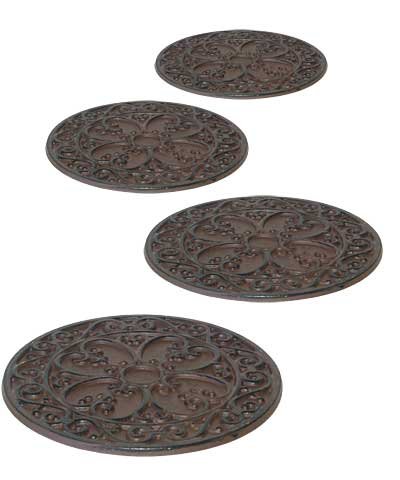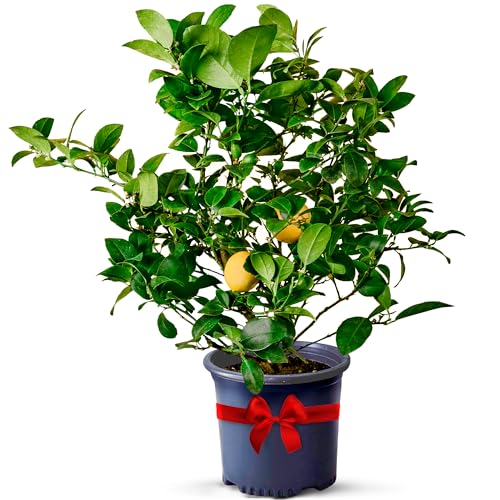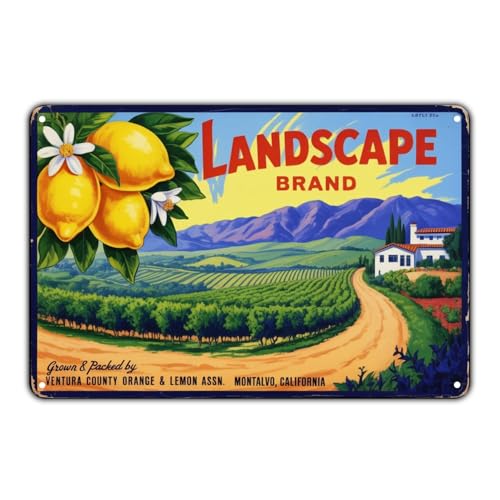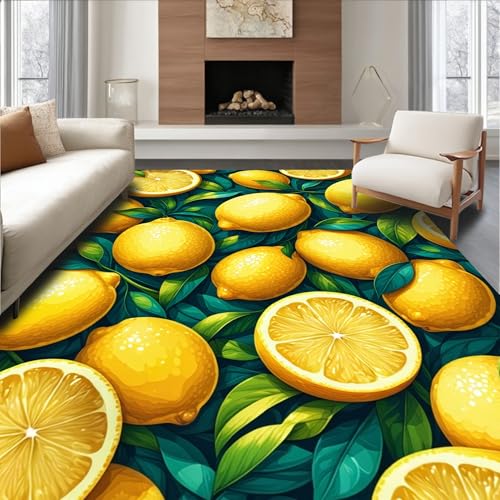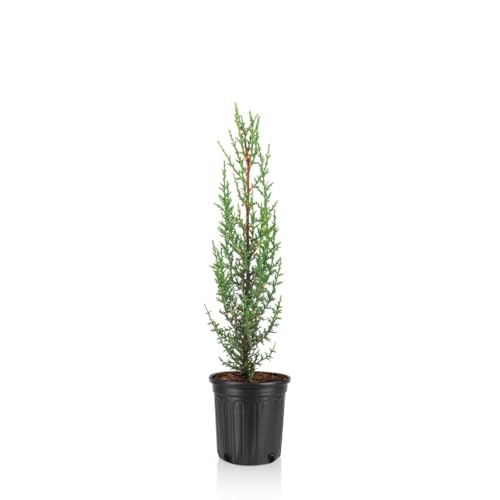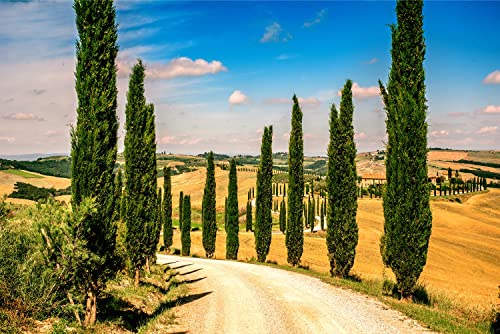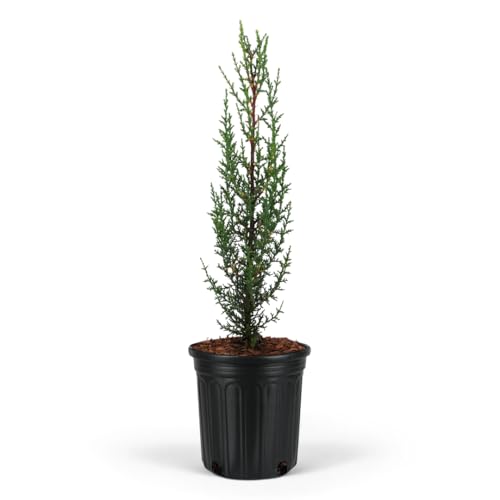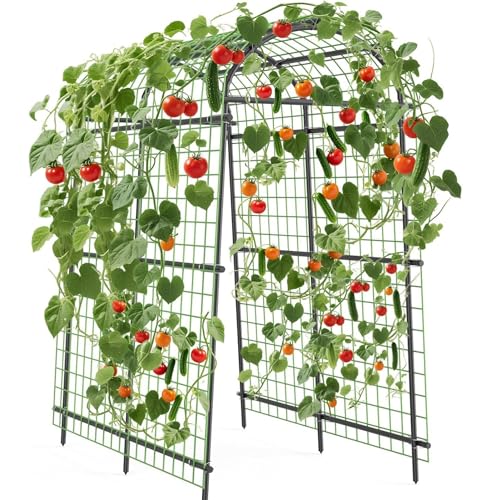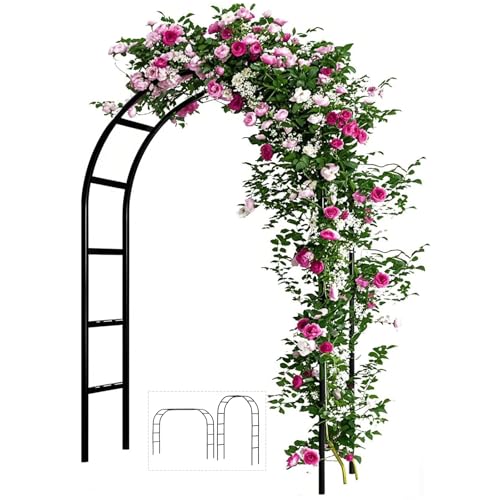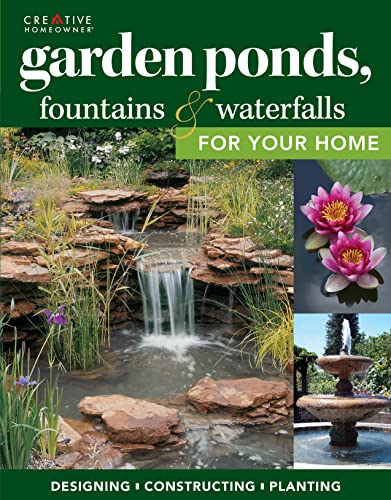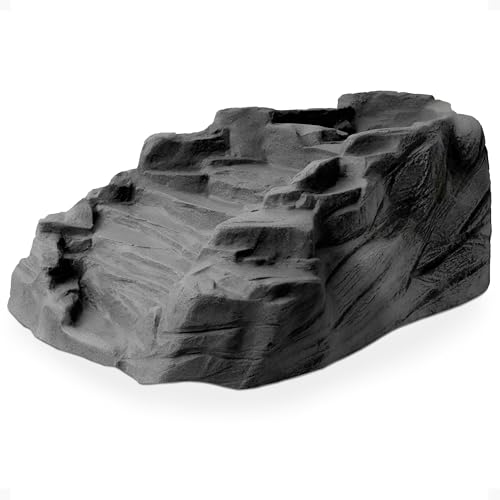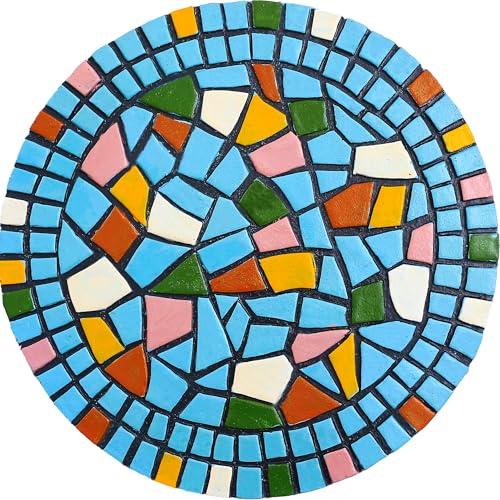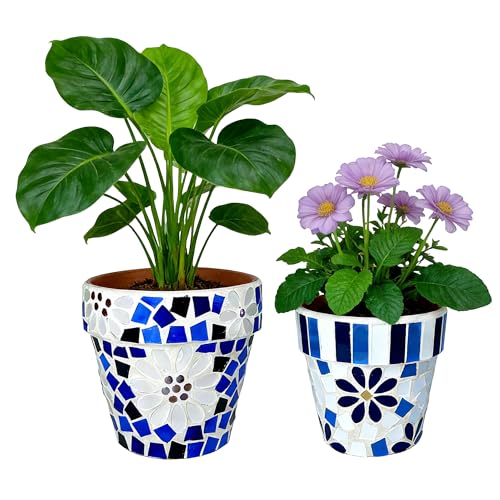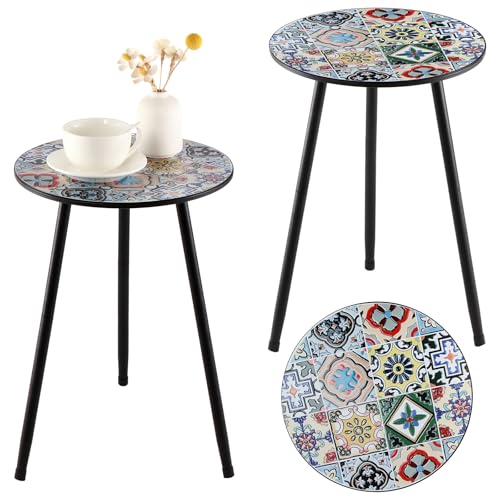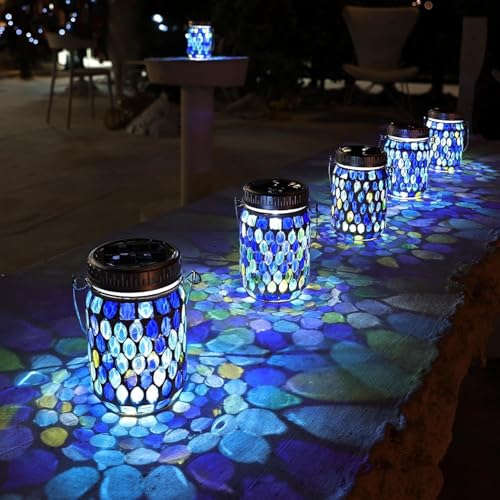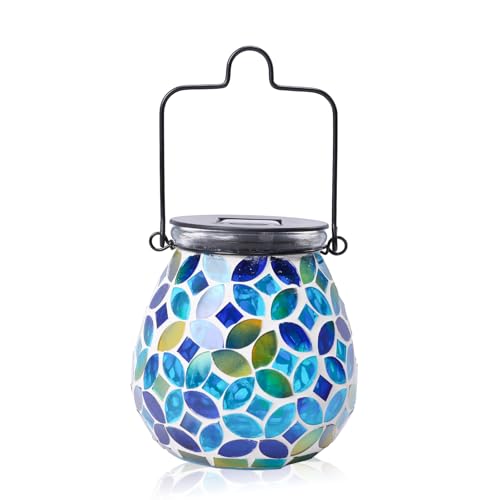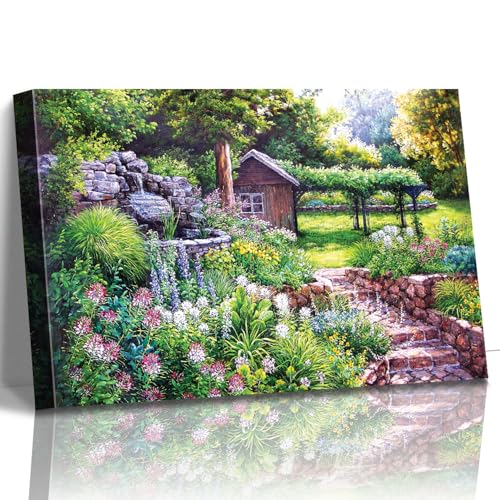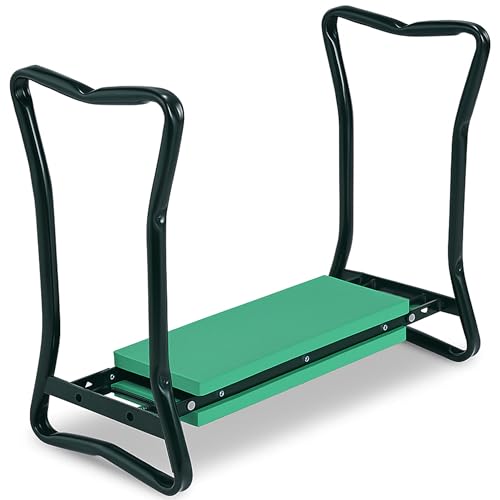Start Your Own Organic Garden Fast And Easy!
Learn to grow fresh veggies and use free organic mulch from your own lawn clippings
👉 Buy Now! Only $2.99Have you ever wanted to turn your garden into a calm Italian hideaway with elegant fountains, stone paths, and rich green plants?
Italian garden designs offer a balanced mix of nature and structure that can bring a touch of class to any outdoor area.

You can create a large, grand garden or a small, cozy Mediterranean space with these styles.
Exploring different Italian garden ideas can help you shape your yard into a timeless and beautiful place you will enjoy.
Key Takeaways
- Italian garden designs balance natural beauty with structured elements.
- These gardens can suit both large estates and smaller outdoor areas.
- Classic features include fountains, stone paths, and lush greenery.
1. Classic Renaissance Garden Style
[affiai template=”box”]

You will notice the garden’s strict geometric shapes and neatly trimmed hedges.
Water features add a calm, elegant touch.
This style is best suited for spacious areas where you want to show balance and artistic detail, reflecting the spirit of 16th-century Italy.
The layout emphasizes order and beauty clearly.
2. Cozy Mediterranean Patio Garden

You can create a warm and inviting space with terracotta pots and climbing plants.
Adding a small seating spot makes your courtyard perfect for relaxing or hosting friends.
This style works well in tight or enclosed areas, offering privacy and calm.
3. Italian Villa Garden Style

You can create a layered garden with gravel paths and shaped plants to bring elegance to your outdoor space.
Mixing flowering plants adds color and charm.
This style fits well with homes that have classical or Mediterranean design elements.
4. Tuscan-Style Herb Patch

You can grow fragrant herbs like rosemary, thyme, and basil to add flavor to your meals.
Using raised stone beds or wooden planters helps mark the space while keeping it natural.
This simple layout lets you enjoy fresh herbs and gives your garden an authentic, inviting look.
5. Elegant Fountain Garden

You can create a peaceful space by placing a stone fountain at your garden’s center.
Surround it with balanced greenery to bring calm and harmony.
The gentle sound of water enhances relaxation and adds a timeless feel.
This classic layout helps make your garden a quiet retreat from busy daily life.
6. Outdoor Terrace Featuring Olive Trees

You can create a peaceful terrace garden using olive trees to bring a Mediterranean feel.
These trees add natural shade and a timeless look.
Pair them with stone features and pots to enhance the rustic style.
Such gardens fit well on sloped sites or homes with different outdoor levels.
7. Garden with Rustic Stone Walkways

You can enhance your garden’s charm by adding winding stone walkways.
These natural paths guide you through colorful flower beds, art pieces, and shaded sitting areas.
Walking along these textured routes encourages you to slow down and enjoy the peaceful, green surroundings.
8. Lemon and Citrus Grove in Your Garden

Adding lemon and orange trees brings vibrant colors and fresh scents to your outdoor space.
You can line trees in rows for a neat look or place them in decorative pots to brighten corners.
Citrus plants also give your garden a calm Mediterranean feel while offering fresh fruit.
9. Boxwood Parterre Garden

You create a neat and elegant garden by using low boxwood hedges shaped into detailed geometric patterns.
Adding gravel paths guides visitors through the space smoothly.
Including classic statues can give your garden a refined, timeless feel.
This style brings structure and beauty to your outdoor area.
10. Garden with Rows of Cypress Trees

You can use tall, narrow cypress trees to line paths or mark garden edges.
Their slim shape adds a neat and formal feel to your outdoor space.
These trees also help give privacy and shade while creating a clear boundary around your garden.
11. Pergolas with Climbing Vines in the Garden

You can transform your outdoor space by adding a pergola wrapped with vines like wisteria or grapevines.
This touch offers natural shade and makes seating areas more inviting.
Using wood or stone structures covered in greenery creates a peaceful spot that feels both classic and relaxing.
12. Garden Water Features and Ponds

You can add calmness to your garden by installing water features like small waterfalls or reflective ponds.
These elements invite birds and other wildlife, creating a lively yet peaceful space.
Pairing water with stone paths and rich plants brings balance and gentle motion to your outdoor area.
13. Decorative Mosaic Patio Spaces

You can enhance your garden with mosaic tiles, adding vivid color and artistic patterns.
These tile designs work well on patios, seating areas, or walkways, providing a beautiful contrast to the plants around them.
Using mosaics brings a classic Italian style to your outdoor space while keeping it inviting.
14. Stone Retreat and Art Garden

You can bring a timeless feel to your outdoor space by combining natural stone features with classic statues.
This type of garden offers a quiet place to relax, surrounded by art and nature.
Adding sculptures creates a sense of history and culture that deepens the garden’s character.
15. Lowered Garden Area with Stone Seating

You can create a peaceful retreat by designing a garden set lower than the surrounding landscape.
This type of space usually has stone walls that enclose it, giving a sense of privacy and calm.
Adding stone benches lets you sit comfortably while enjoying the plants and quiet atmosphere.
Incorporate flowering bushes, green plants, and classic stone paths to bring texture and life to the space.
Using natural stone and simple shapes gives your garden an inviting and timeless feel.
A lowered garden area like this acts as a calm corner where you can relax or reflect.
Frequently Asked Questions

What are the main characteristics of a classic Italian garden?
You will find that traditional Italian gardens focus on symmetry and order.
They often include trimmed hedges shaped into geometric patterns and pathways that guide visitors through the space.
Water features like fountains, statues, and cypress trees are common.
The gardens tend to have mostly evergreen plants with few flowers, keeping a green and manicured appearance.
How can you add modern touches to an Italian garden layout?
To update the classic look, you can keep the strong lines and balance but use simpler shapes and cleaner materials.
Sleek furniture and minimalist fountains fit well.
Consider mixing traditional plants with new varieties that suit your climate.
Modern Italian gardens maintain the same formal feel but bring in contemporary style through subtle design choices.
Which plants and flowers suit an Italian-style garden best?
You should choose Mediterranean plants like olive trees, rosemary, lavender, and cypress.
These evergreens hold their shape and thrive in warm weather.
Herbs not only look great but add fragrance and flavor.
While flowers are limited, you might add blooms like geraniums or roses in small amounts to keep the garden elegant and not too colorful.
What design ideas work well for small Italian garden spaces?
Start by dividing your garden into clear areas using paths or hedges, even if the space is tight.
Use vertical elements like tall plants or trellises to add height.
Focus on neat shapes and balance so the space feels orderly.
Choose compact versions of classic plants and include a small water feature or simple seating area for charm.
How do you bring a rustic Italian garden vibe to your yard?
Rustic Italian gardens often use natural materials like terracotta pots, stone or brick pathways, and simple wooden benches.
You can create a relaxed look with olive trees and fragrant herbs in clay containers.
Add mosaic tiles or worn accessories for extra character.
This style feels warm and inviting without being overly polished.
What should you keep in mind when planning an Italian courtyard garden?
Courtyards usually have a quiet and private feel. Create cozy seating spots surrounded by plants.
Use stone or tiled floors. Include water features like small fountains for calm sounds.
Keep paths clear and symmetrical. Plant tall shrubs or trees to add shade and frame the space well.


